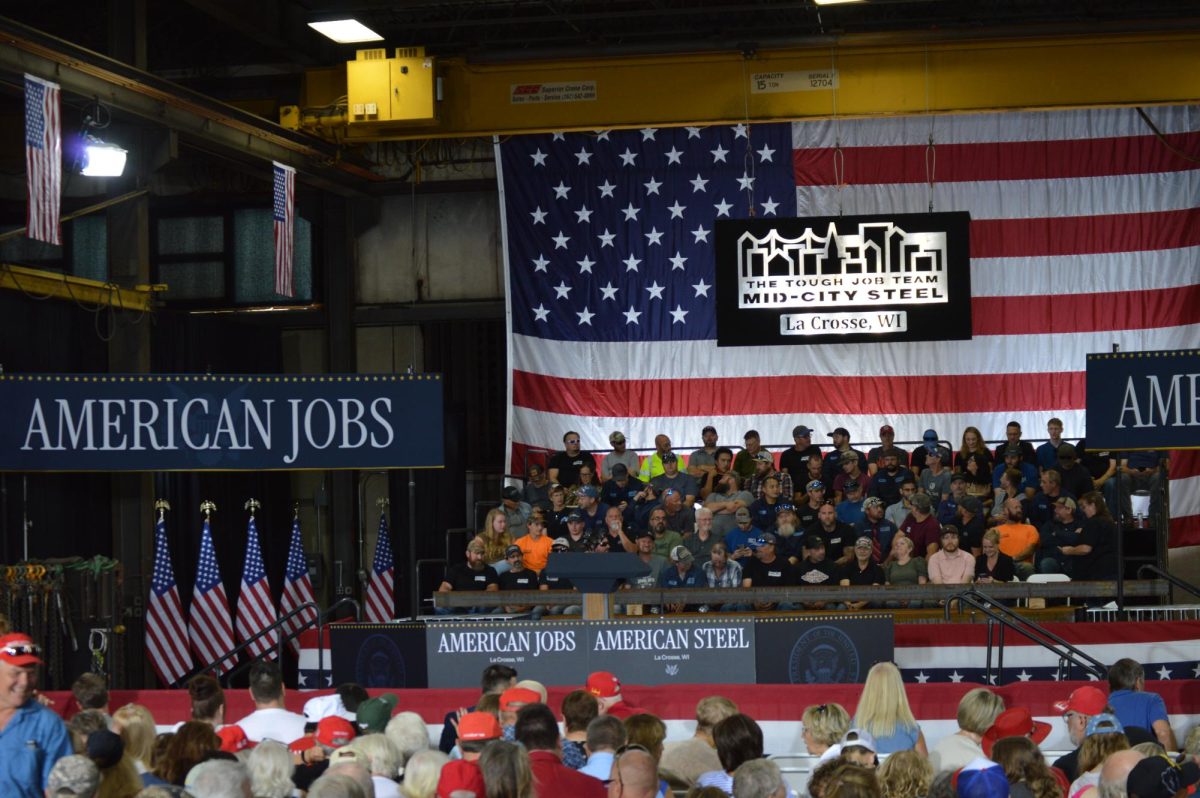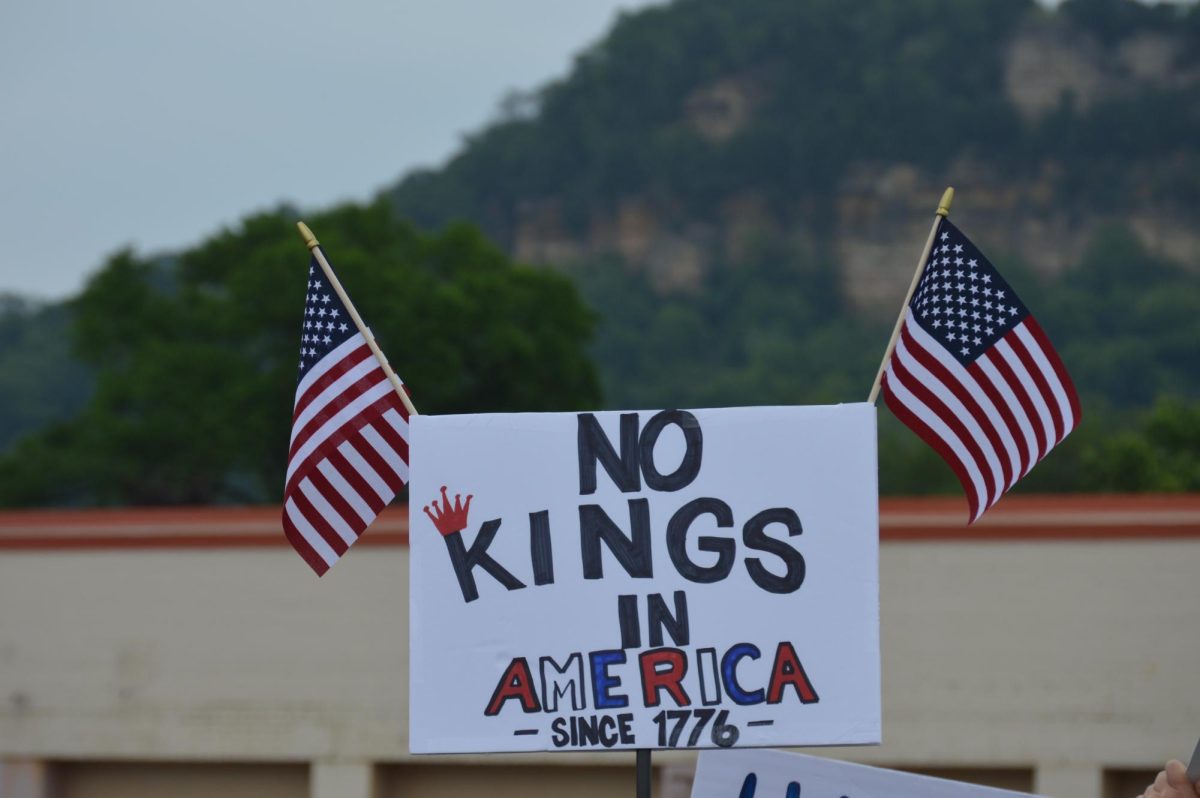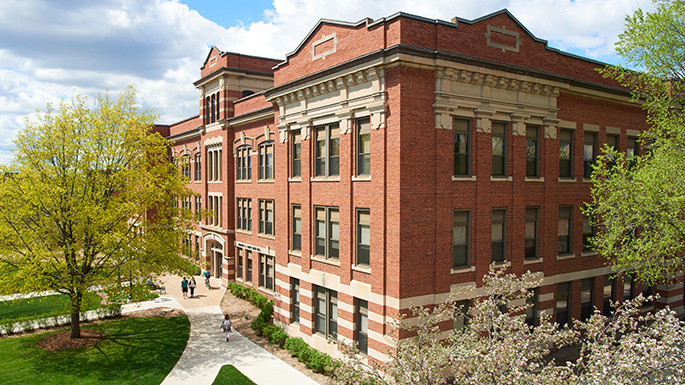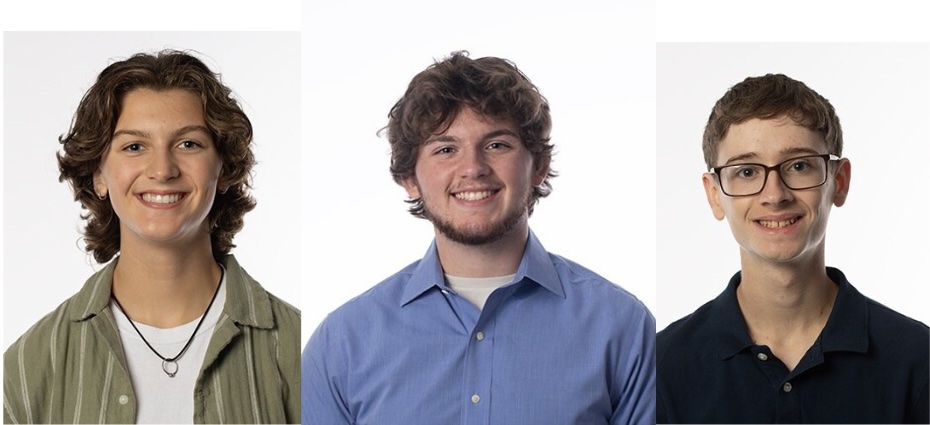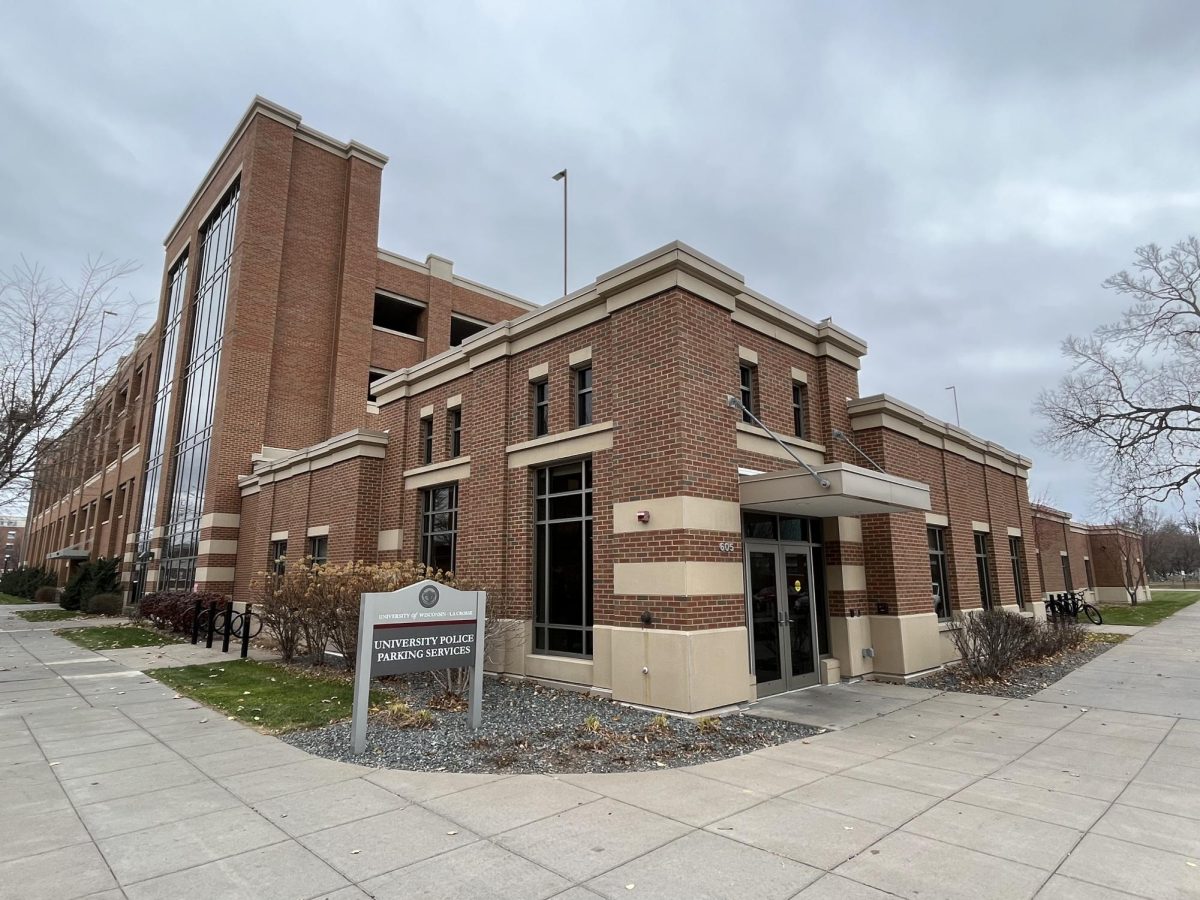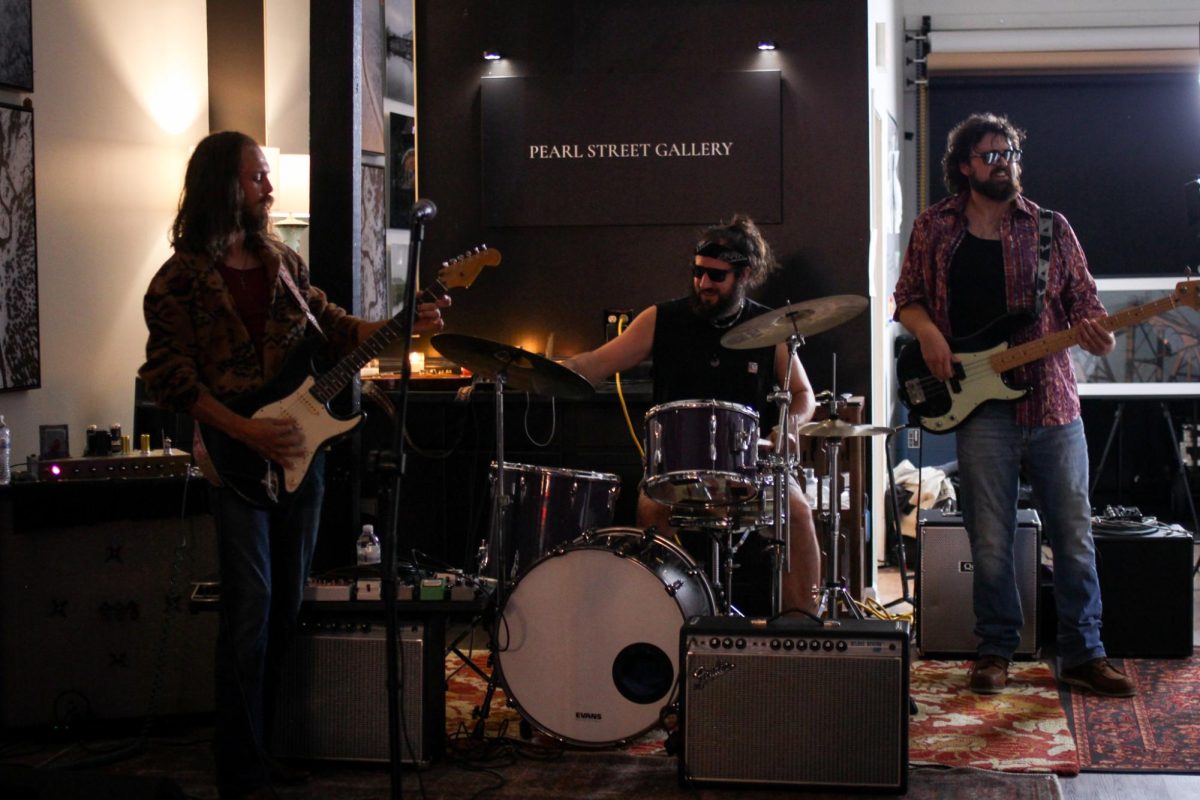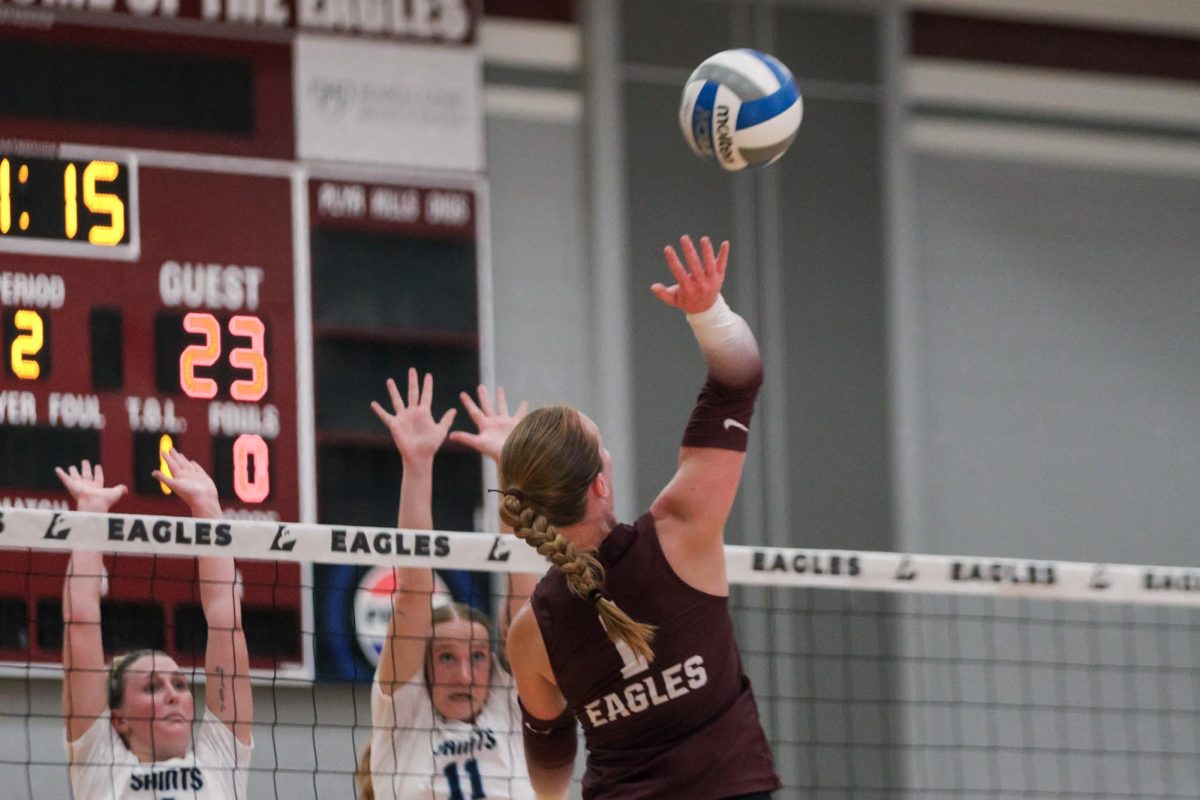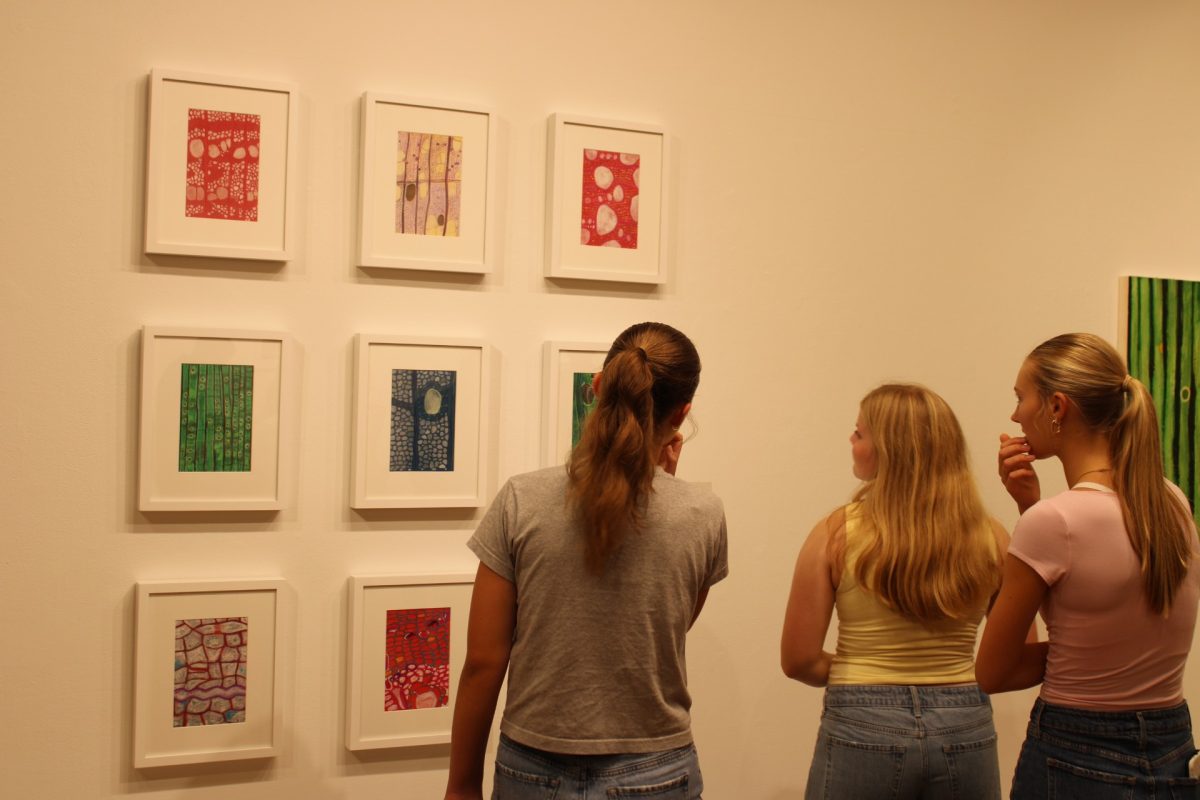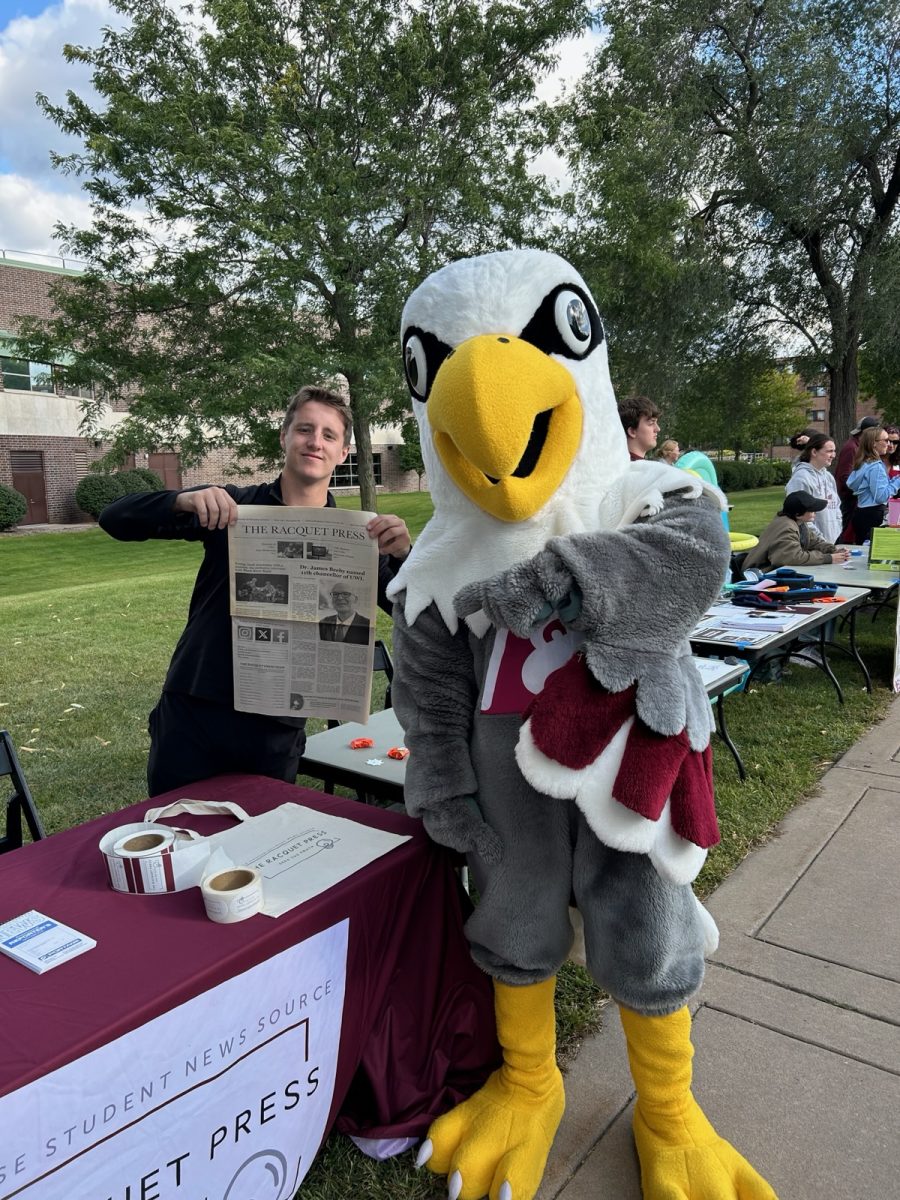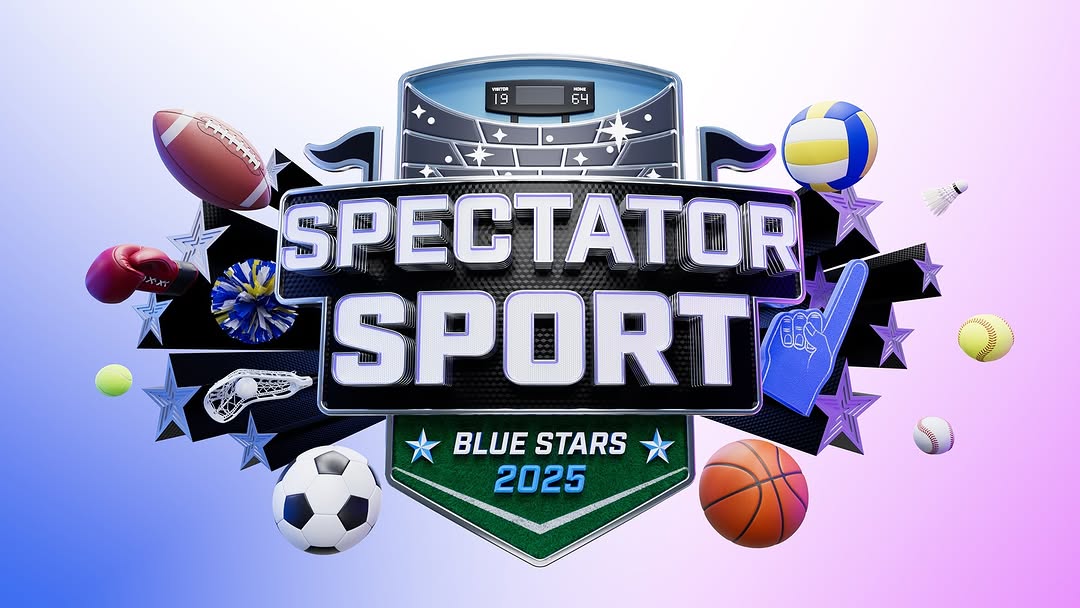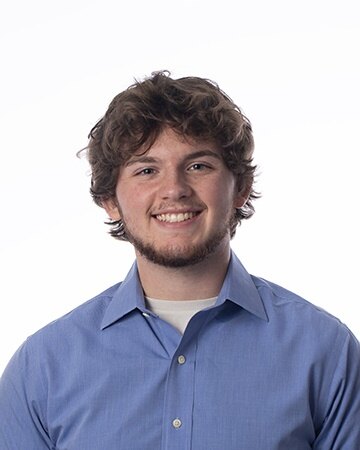On Tuesday, Oct. 1, the University of Wisconsin-La Crosse put into effect a new Interim Chalking Policy and a new Interim Expressive Activity on Campus Policy, leaving various students with concerns about the state of their ability to express themselves freely on campus.
The Interim Chalking Policy was created by Dean of Students Kara Ostlund along with other members of UWL faculty to bring structure to chalking on campus.
When introduced to UWL Student Association (SA) on Oct. 2, Ostlund assured SA that the policy is in place to provide UWL with grounds to remove any chalk that may be offensive or inappropriate, something the university had been unable to do under the previous policy.
Under previous leadership at UWL chalking had little to no limitations. “Our chancellor at the time decided to allow a free-for-all,” said Ostlund.
This “free-for-all” allowed for controversial chalking to occur, which sparked strong reactions from students, faculty, community members and those outside of La Crosse.
Previous UWL Chancellor Joe Gow sent a university wide email following the chalking event. “(The university’s) leadership team and I are deeply disappointed to see students abandoning civil discourse and engaging in speech that promotes hate, is threatening, or that alludes to violence,” he wrote.
Since these events occurred, UWL faculty and staff have worked on a chalking policy that would allow students to retain all aspects of their freedom of speech and expression while providing an avenue for the University to intervene should the need arise.
The Racquet Press asked Vice Chancellor Vitaliano Figueroa what kind of conversations were had when creating this policy, Figueroa said, “In late August, the Universities of Wisconsin provided a model policy regarding expressive activities on campus that included chalking. By adopting this new interim chalking policy, we can allow for students, faculty and staff to chalk on campus, which otherwise would not be permitted under UWS 18.2.”
One of the main concerns from members of SA, and student leaders who spoke during SA Oct. 2 meeting, had been the seeming lack of student involvement throughout the creation of this policy.
Figueroa said, “The university adopted the interim policy to meet the campus needs and align with the system. Recognizing the importance of shared governance and the need for a policy, the draft policy was presented to the Cabinet as an interim measure. Upon approval, we shared the policy with shared governance groups for feedback.”
As the chalking policy is only an interim policy, shared governance groups such as SA will work with faculty over the coming year to create a permanent policy concerning chalking and expressive activity. Figueroa shared with the Racquet that the goal is to have a final draft of a permanent policy in front of shared governance groups by April 2025 and to implement that permanent policy on campus in the fall of 2025.
A statement at the beginning of the policy outlines some of the reasoning behind the policy, citing campus safety, protecting university facilities and campus aesthetics as reasons for needing decorum when it comes to chalking. It also states that the policy is applicable to students, staff, faculty, affiliates and campus visitors.
The next guideline provided in the policy is where students are allowed to chalk. The policy lists where chalking is prohibited and reads as follows:
“Chalking is prohibited on University buildings, courtyard areas, vertical surfaces, planters, doors, trash receptacles, steps, fountains, benches, tables, signs, poles, columns, bus stops, light posts, trees, arches of bridge walkways, underneath overhangs or any covering, or any location where precipitation cannot wash away the chalk.”
The policy outlines the period of time when individuals can chalk, restricting chalking to two days before the event that the chalk would be advertising for as well as providing UWL administration the power to remove chalking two days after the event has passed.
“With over 200 organizations on campus, we want to ensure that students can chalk while still allowing space for others to do the same. Understanding that chalked messages only last a few days, the two-day rule helps maximize the visibility of announcements while allowing other students to share their events,” said Figueroa.
A concern discussed in SA meetings following the presentation of the new Interim Chalking Policy was the enforcement of policy measures, particularly regarding who approves or disapproves what chalking is permissible and who will do so in a timely manner. Under the policy, those affiliated with UWL must use a sign-up form to submit their request to chalk at least 24 hours in advance.
To complete the form, you will need to provide the following information: the current date, the date you wish to chalk, the name of the sponsoring student or organization, a list of participating students, the planned time for chalking, a complete list of chalking locations, the messages you intend to chalk and a signature confirming that you have read and understood UWL’s chalking policy.
Ostlund informed SA that all requests that are submitted on time and through the sign-up link will be approved and that there will be no bias when it comes to which organizations or students are approved. Conversely, all submissions that are not submitted on time will be denied.
When asked if chalking in protest of UWL action would be allowed, as seen in the School of Education protests, Ostlund stated that chalking for a reason such as that would not be approved by the university.
As for what is permitted to be written in chalk, the policy states that chalking may not be used to promote organizations or events that are not affiliated with the University and may not be used for advertising or other promotion, except for Student Association elections.
Student Association has been in communication with UWL faculty and is in the process of creating a permanent chalking policy that will best accommodate the needs of both students and faculty.


